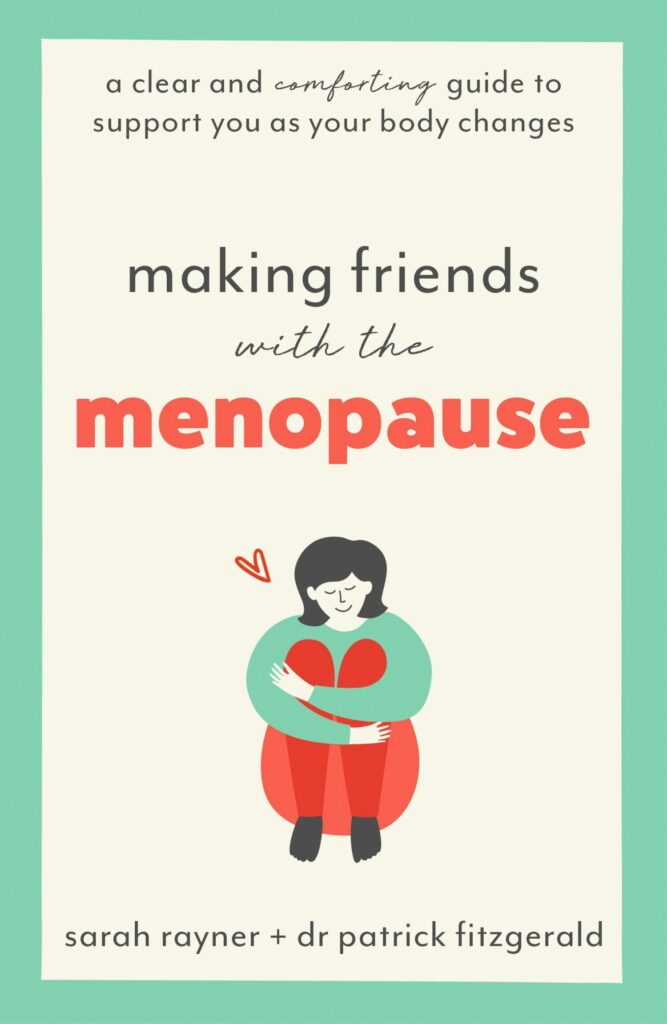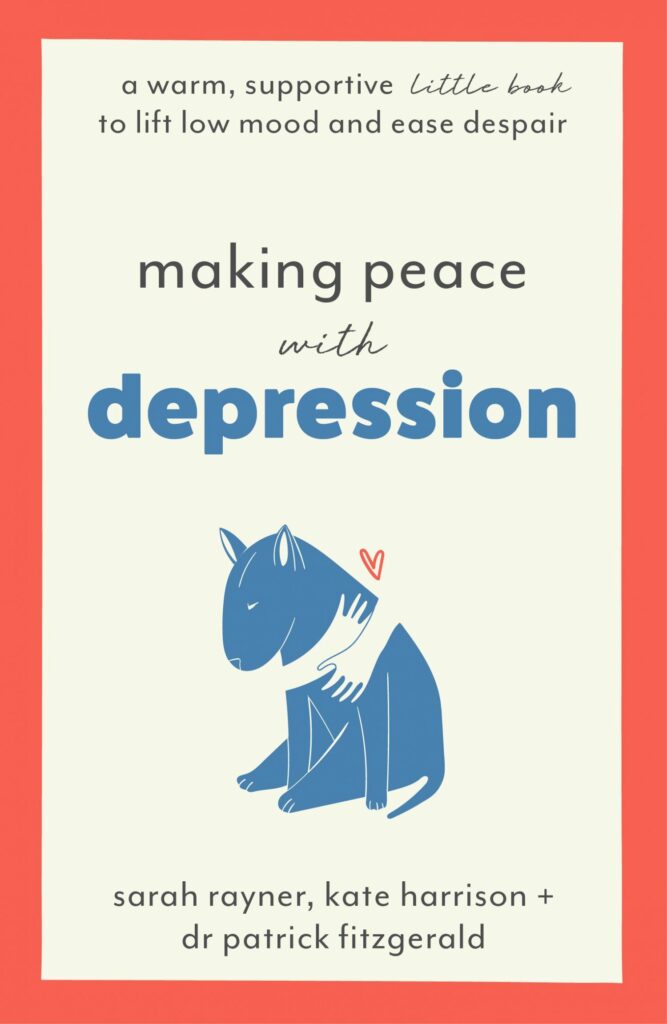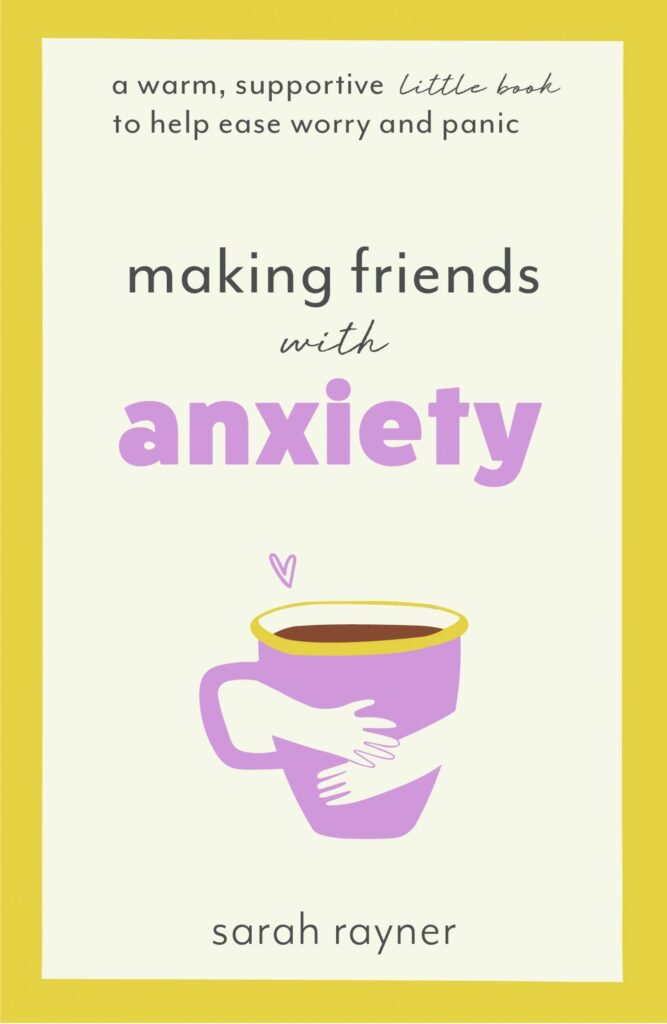‘I feel like I’m having a heart attack’ – The menopause and anxiety symptoms
We are finally starting to breakdown many taboos around the menopause, with Davina McCall most notably sharing her struggle with symptoms including anxiety and depression.
But what triggers anxiety?
Below is an excerpt from Making Friends with the Menopause: A clear and comforting guide to support you as your body changes from Sarah Rayner and Dr Fitzgerald that offers an explanation.
The role of adrenaline
To understand adrenaline, we need to go back much further than our own lifespan and memory, to a time when humans had to hunt and forage for food. This is because anxiety is the biological vestige of fear, the basic survival mechanism that helps safeguard us against danger and threats such as predators. In this respect we could say that adrenaline is a hormone that doesn’t care if you’ve less progesterone in your system to temper its impact or not. It’s got a job to do and it’ll do it regardless.
- When we experience fear the brain sends a biochemical message which triggers the release of the stress hormone adrenaline.
It’s all systems go – our breathing becomes faster and shallower, supplying more oxygen to the muscles.
- Our hearts beat more rapidly and blood is driven to the brain and limbs so we can make split-second decisions and a quick getaway. This is why we experience heart palpitations, chest pains and tingling when we are afraid.
- Blood is taken from areas of the body where it’s not needed, such as the stomach, because in a life-threatening situation, you’re not going to stop for food. Therefore when you’re afraid, you may well feel sick and be unable to eat.
- The liver releases stored sugar to provide fuel for quick energy. Excess sugar in the blood can cause indigestion.
- Muscles at the opening of the anus and bladder are relaxed. Food and liquid are evacuated so you’re lighter to run. Hence diarrhoea and frequent urination.
- The body cools itself by perspiring. Blood vessels and capillaries move close to the skin surface, leading to sweating and blushing.
What happens then is that adrenaline production is triggered in response to situations where we don’t actually need to run away or fight for survival. In perimenopause, lessening progesterone can mean this happens more frequently, and if we experience this series of reactions in an unexpected environment such as in a supermarket or business meeting, it can be very frightening. If you can, the important thing to remind yourself when this occurs is that none of the symptoms listed above are dangerous in themselves.
If you’re hyper anxious, it’s unlikely you’ll be able to settle down until the adrenaline subsides, but the main secret to overcoming anxiety is not to fight it. We need fear, however horrible it feels to be afraid.
Making Friends with the Menopause
Sarah Rayner and Dr Patrick Fitzgerald
Night sweats, mood swings, weight gain – the menopause can be a challenging time, leaving us feeling isolated and as if we’re losing touch with ourselves. But you are not alone – Making Friends with the Menopause is here to help.
-
Ebook
-
Audiobook
-
Paperback


